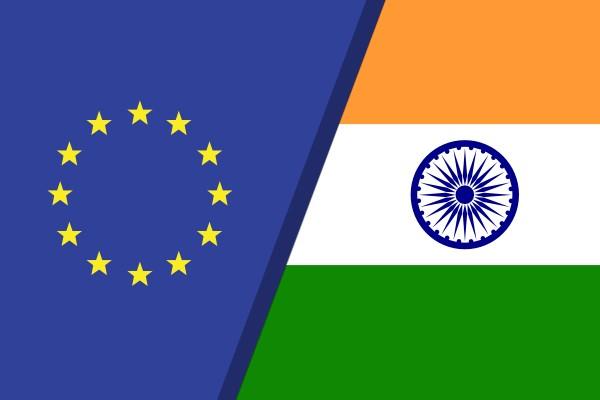The EU Emissions Trading System (EU ETS) is the most ambitious in the world as the European trading bloc seeks to cut dramatically emissions. Imports from abroad face tough penalties if they do not meet requirements. India has this week said it wants to negotiate with Brussels to ensure minimal damage to its exports
India’s government and trade chiefs have confirmed they will be talking with EU leaders within weeks to understand how it can comply and remain competitive by aligning its domestic market with tough EU emissions regulations.
The EU ETS is a cornerstone of the EU’s policy to combat climate change and its key tool for reducing greenhouse gas emissions cost-effectively. It is the world’s first major carbon market and remains the biggest one.
Bloomberg has reported today New Delhi says is wants to shield Indian firms from the EU carbon tax. Some analysts say this is a positive for India as the country is forecast to undergo huge growth in manufacturing over the next decade and the EU regulations may focus investors and see the country meet robust environmental standards, which it my not have valued so highly in the drive to meet growth targets.
The ETS scope is enormous affecting everything from shipping or aviation emissions for delivery right through to the climate affects during production of raw materials used in manufacturing. Its successful steel sector is believed to be one of the prime discussion points.
But it is clear that all goods imported into the EU will face a levy at the border based on their emissions footprint. This will be phased in from 2026 until 2034.
Under the European Climate Law, EU Member States will work collectively to become climate neutral by 2050. As a first milestone, the EU is aiming to reduce net emissions by at least 55% by 2030 compared to 1990. The revised EU ETS will contribute to delivering this target.
To achieve the necessary emission reductions cost-effectively, the EU ETS has been strengthened, and its scope expanded to maritime transport. Altogether, the cap is tightened to bring emissions down by 62% by 2030 compared to 2005 levels. In parallel, operational parameters of the Market Stability Reserve have been calibrated to continue fostering a balanced EU carbon market. The price fluctuations mechanism has also been reinforced.
To help advance sectoral decarbonisation, free allocation rules have been adapted. This includes conditionality requirements for industry installations to access free allocation (in the form of energy audits and for certain installations, climate neutrality plans) and a gradual phase-out of free allocation in the aviation sector.
Moreover, the free allocation in certain industry sectors such as cement, aluminium, fertilisers, electric energy production, hydrogen, iron and steel, as well as some precursors and a limited number of downstream products, will gradually phase out. This is due to the introduction of the Carbon Border Adjustment Mechanism (CBAM), a new measure to mitigate the risk of carbon leakage as the EU ramps up its climate ambition.





